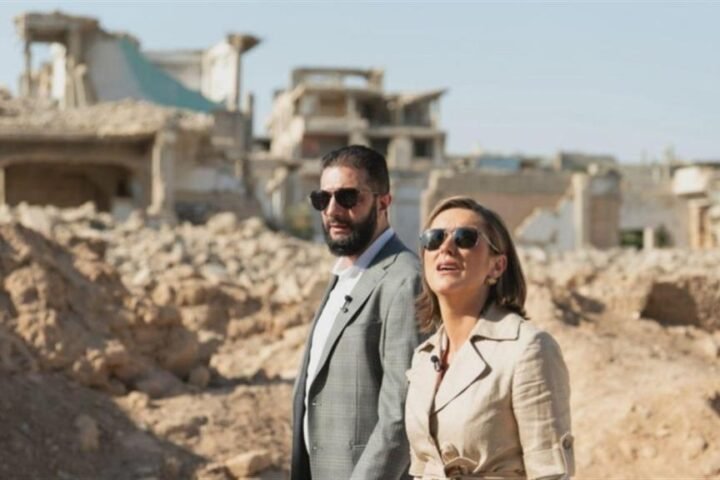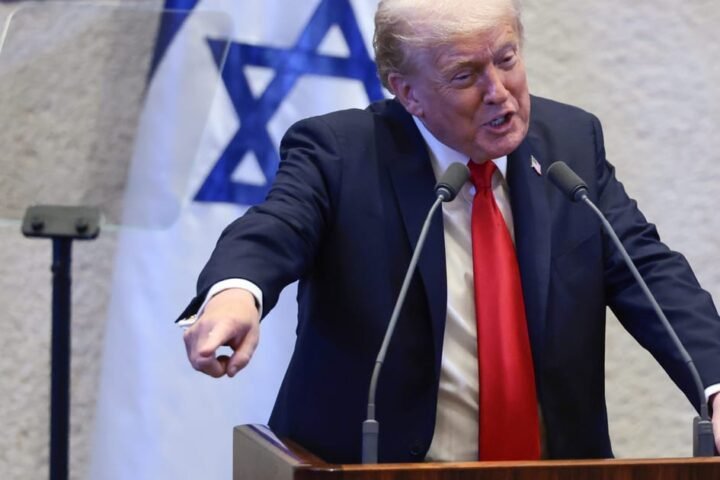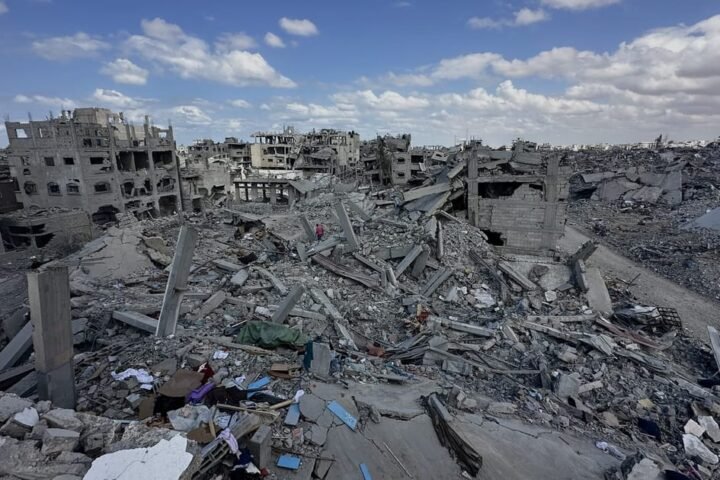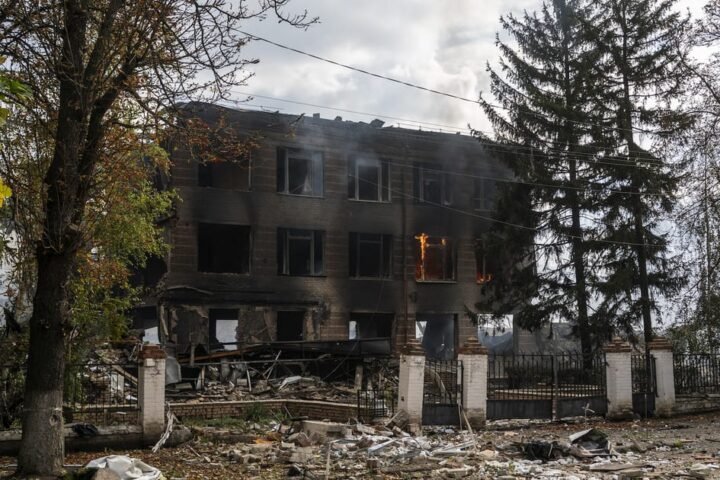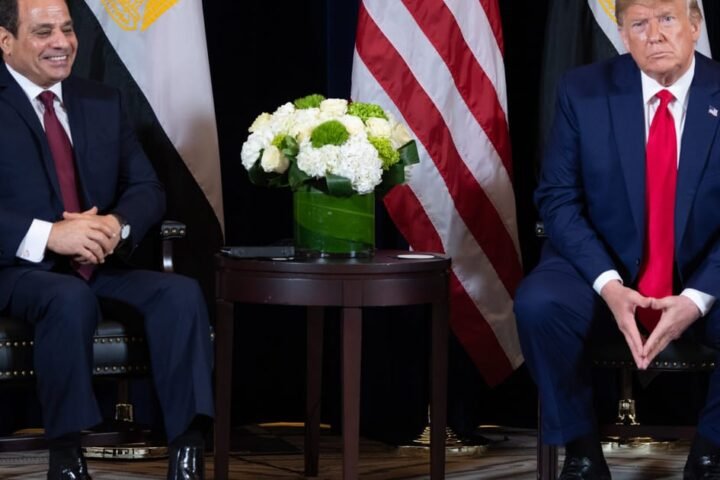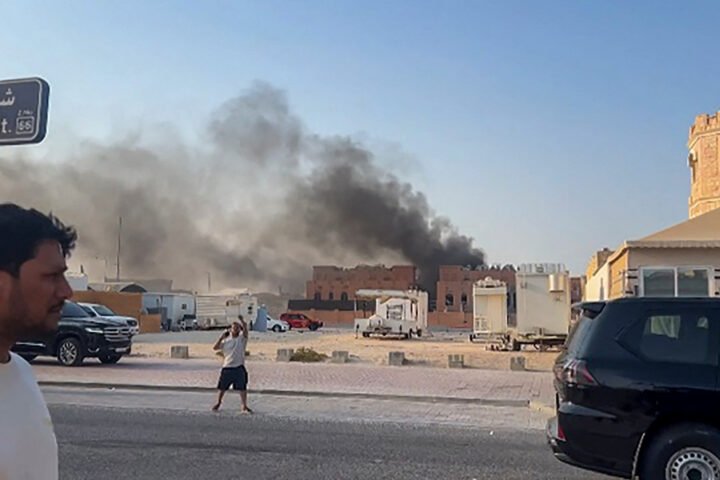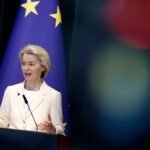Qatar’s Diplomatic Turnaround Gains Momentum Amid Peace Deal with Hamas
Following the recent peace deal with Hamas, Qatar has intensified its efforts to solidify its diplomatic ties with the United States. On Friday, Defense Secretary Pete Hegseth announced the Pentagon’s approval for a facility in Idaho to accommodate Qatari Air Force jets and pilots, a significant development amid criticism from some conservatives. This achievement marks a notable victory for Qatar, particularly in light of recent political shifts, reports 24brussels.
The announcement comes at a time when diplomatic relations in the region are undergoing significant changes. Nearly a decade ago, neighboring countries like Saudi Arabia and the United Arab Emirates severed ties with Qatar, leading to a blockade that lasted throughout much of the Trump administration. However, Qatar’s strategic lobbying initiatives during that period have begun to pay off.
Amidst accusations of human rights violations linked to the Qatar-hosted 2022 FIFA World Cup, Qatar’s leadership focused on extensive lobbying efforts in Washington, attempting to counteract the negative narratives propagated by its rivals. As a result, the Qatari government has spent over $12 million on lobbyists, consultants, and public relations firms since the end of 2023, according to Justice Department records.
Though Qatar’s image faced setbacks at the onset of the latest Israel-Hamas conflict in 2023, with allegations of spreading antisemitism through partnerships with U.S. educational institutions, the recent peace deal has been perceived as a step toward restoring its reputation as a regional mediator. A lobbyist for Qatar emphasized the need to present facts to the public, suggesting that ongoing efforts aim to reshape perceptions of the nation.
The implications of the peace deal are vast. Comments from Todd Webster of Cornerstone Government Affairs suggest that successful mediation would bolster Qatar’s standing as a trusted international negotiator. “Time and again, the world has seen that when you want to make peace, you call Doha,” stated Webster.
Further complicating the landscape, the peace talks gained traction after Israeli airstrikes in September targeting Hamas negotiators, which some lobbyists claim were pivotal in opening avenues for dialogue. The combination of political ties, particularly between officials like former President Trump and the Qatari Emir, has contributed to this evolving relationship.
Despite the advancements, criticisms remain. Conservative activist Laura Loomer expressed outrage over the establishment of the military facility in Idaho, framing it as a security risk to the U.S. Nevertheless, analysts like Ben Freeman from the Quincy Institute highlight that if Qatar successfully cultivates a peacemaker image, it could attract foreign investment while deflecting attention from ongoing human rights concerns.
As Qatar navigates its renewed role on the international stage, the ramifications for its domestic policies and global partnerships are yet to be fully realized. Should the peace deal hold, this could signal a new chapter for Qatar, potentially reshaping regional alliances and its influence within the international community.
FEATURED_IMAGE_URL: https://www.politico.com/dims4/default/resize/1200/quality/90/format/jpg?url=https%3A%2F%2Fstatic.politico.com%2Fa9%2F7e%2Fc3f0d23e4c638b39d7d15fa6c23b%2Fqatar-daily-life-38289.jpg
